How to get a 6.5% return on your savings
Falling wages have dampened hopes of better savings rates. Here's how you can beat the high-street banking blues
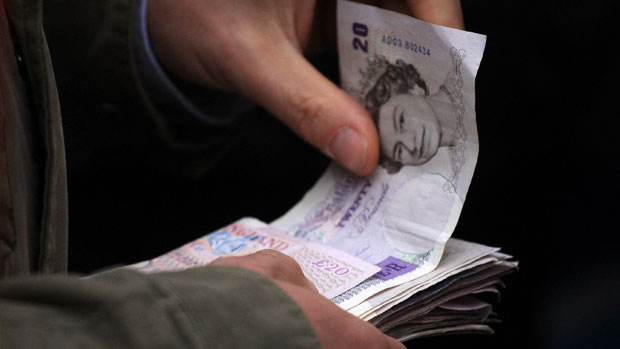
A free daily email with the biggest news stories of the day – and the best features from TheWeek.com
You are now subscribed
Your newsletter sign-up was successful
Wednesday’s announcement that wages are falling is bad news on many levels. Official figures show that average weekly wages fell by 0.2 per cent in the three months to June, the first fall in five years. As a result the Bank of England slashed its forecast for annual wage growth in half.
Not only is this bad news for everyone earning – the new forecast is for wage growth of 1.25 per cent this year, well below inflation – it is also bad news for savers. Experts now believe that the base rate rise that so many were predicting was imminent will now be delayed. This means savers face a longer wait until interest rates on their savings improve. At the moment the best variable rate savings account is paying just 1.5 per cent, or fixing for two years will get you 2.32 per cent.
These piddling savings returns are leading many people to lock up their money for longer and longer in order to capture the best possible rate. But, this isn't necessarily the best idea. There was a time when opting for a lengthy fixed-term bond would mean big rewards of up to 7 per cent, nowadays you will get half that. The top-paying fixed bond is offered by Secure Trust Bank and pays 3.52 per cent upon maturity in seven years time.
The Week
Escape your echo chamber. Get the facts behind the news, plus analysis from multiple perspectives.

Sign up for The Week's Free Newsletters
From our morning news briefing to a weekly Good News Newsletter, get the best of The Week delivered directly to your inbox.
From our morning news briefing to a weekly Good News Newsletter, get the best of The Week delivered directly to your inbox.
However, there is good news. Look beyond the high street banks and you can still earn decent returns, even without committing your money for close to a decade.
At present banks are offering paltry interest rates to savers because they aren't lending vast amounts, so don't need the savings deposits to fund lending. This means that savers aren't the only ones suffering. Companies looking to borrow cash are struggling too. But, knock the banks out of the equation and you can find some healthy returns by lending your cash to companies in need.
At the larger end of the scale many big businesses are offering healthy returns on their retail bonds. In recent years names including John Lewis and Tesco have offered rates of up to 7 per cent a year in return for borrowing your money via a retail bond. These bonds are essentially an IOU, you lend your money for a set number of years and receive interest during that period, then your money is returned to you in full at the end. There is a bit of risk, though: if the company goes bust you are likely to lose your money, hence the higher interest rate. One of the most recent retail bonds was launched in July by Burford Capital, paying 6.5 per cent a year over an eight-year term.
Alternatively, at the smaller end of the scale peer-to-peer lending allows companies or individuals to borrow your money and you get a market beating interest rate. For example, at present Zopa is offering 5.2 per cent over five years of 4 per cent over three years. That is far, far better than anything on offer from the banks.
A free daily email with the biggest news stories of the day – and the best features from TheWeek.com
Just be aware that if you put your money into peer-to-peer lending it is more risky than keeping it in the bank. These lenders are not covered by the Financial Services Compensation Scheme, so if your borrower fails to repay there is a chance you could lose your cash. But some peer-to-peer companies are mitigating this risk by setting up their own safety funds that will cover your capital plus interest if the borrower defaults. If the overall company goes bust though, it is unlikely you would see your cash again.
Pulling your cash out of the high-street banks now could also be beneficial in the future. If more of us show we are prepared to look elsewhere for better returns the banks may be forced to offer more attractive deals when the times comes that they do need our cash again.
-
 ‘This is something that happens all too often’
‘This is something that happens all too often’Instant Opinion Opinion, comment and editorials of the day
-
 House votes to end Trump’s Canada tariffs
House votes to end Trump’s Canada tariffsSpeed Read Six Republicans joined with Democrats to repeal the president’s tariffs
-
 Bondi, Democrats clash over Epstein in hearing
Bondi, Democrats clash over Epstein in hearingSpeed Read Attorney General Pam Bondi ignored survivors of convicted sex offender Jeffrey Epstein and demanded that Democrats apologize to Trump
-
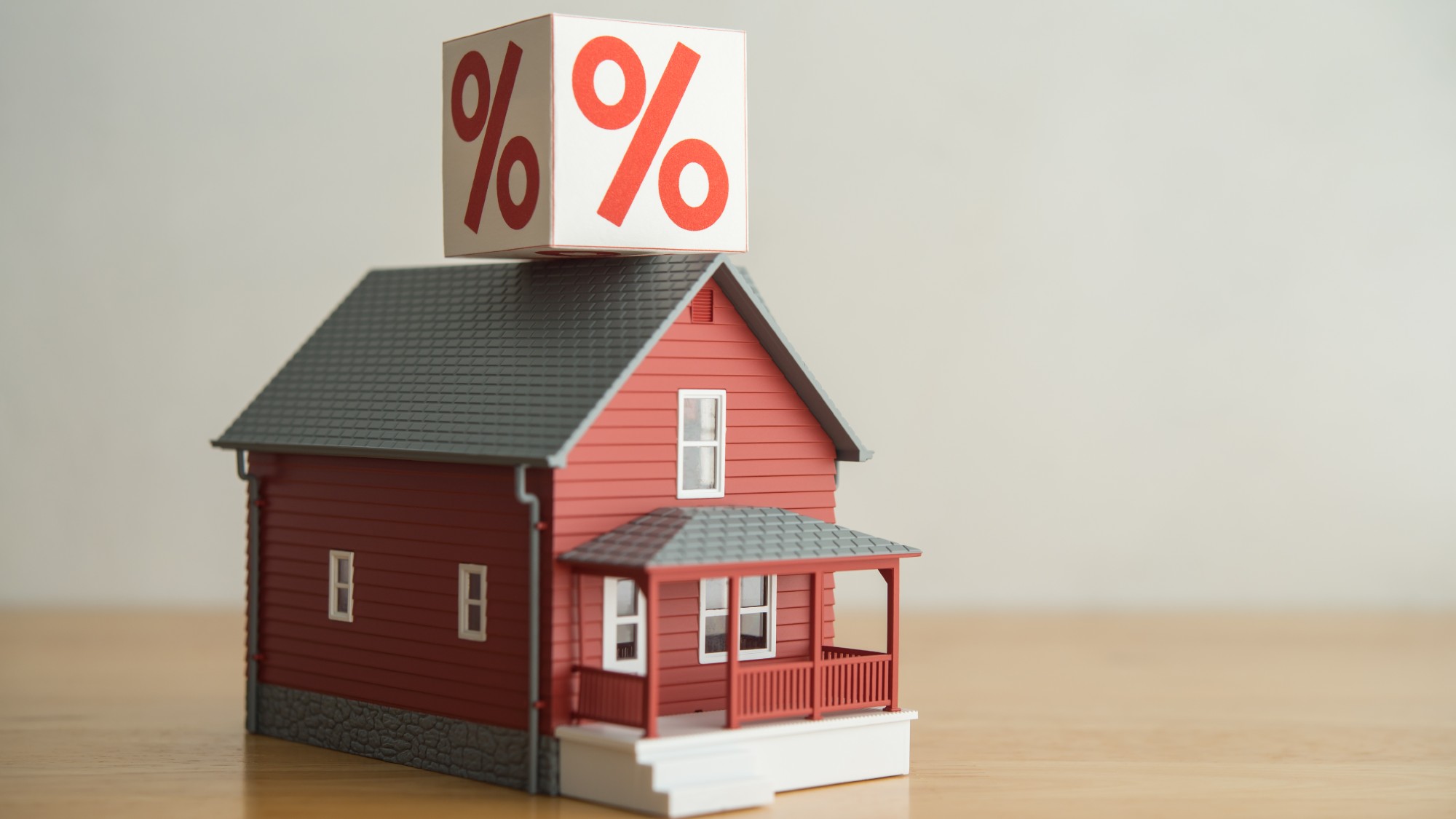 How will Fed rate cuts affect the housing market?
How will Fed rate cuts affect the housing market?the explainer An anticipated series of Federal Reserve cuts could impact mortgage rates
-
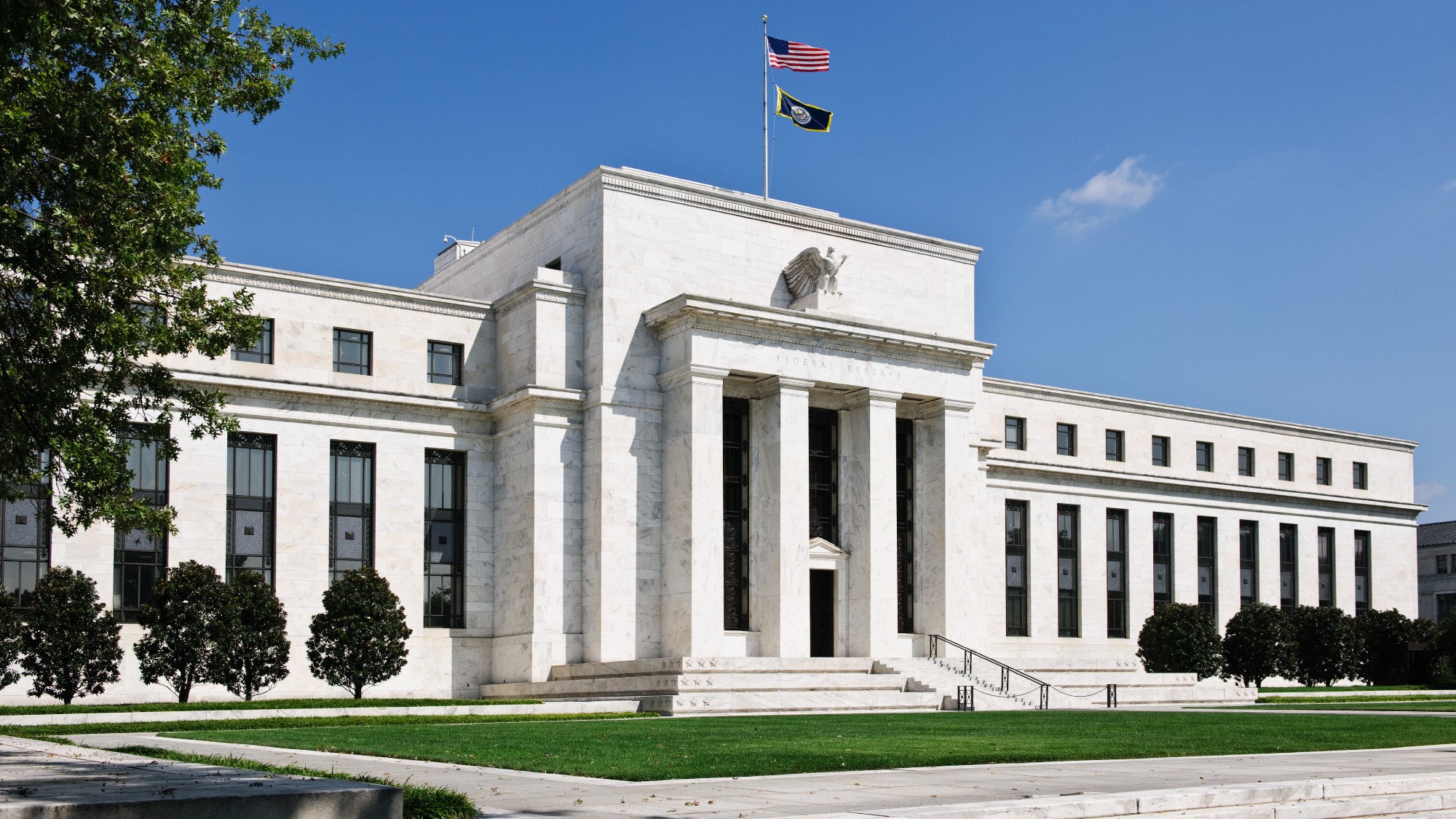 What is the Federal Reserve and what does it do?
What is the Federal Reserve and what does it do?The explainer The decisions made by the United States' central banking system have very real economic effects
-
 What are certificates of deposit and how do they work?
What are certificates of deposit and how do they work?The Explainer CDs may be the right solution for your savings goals
-
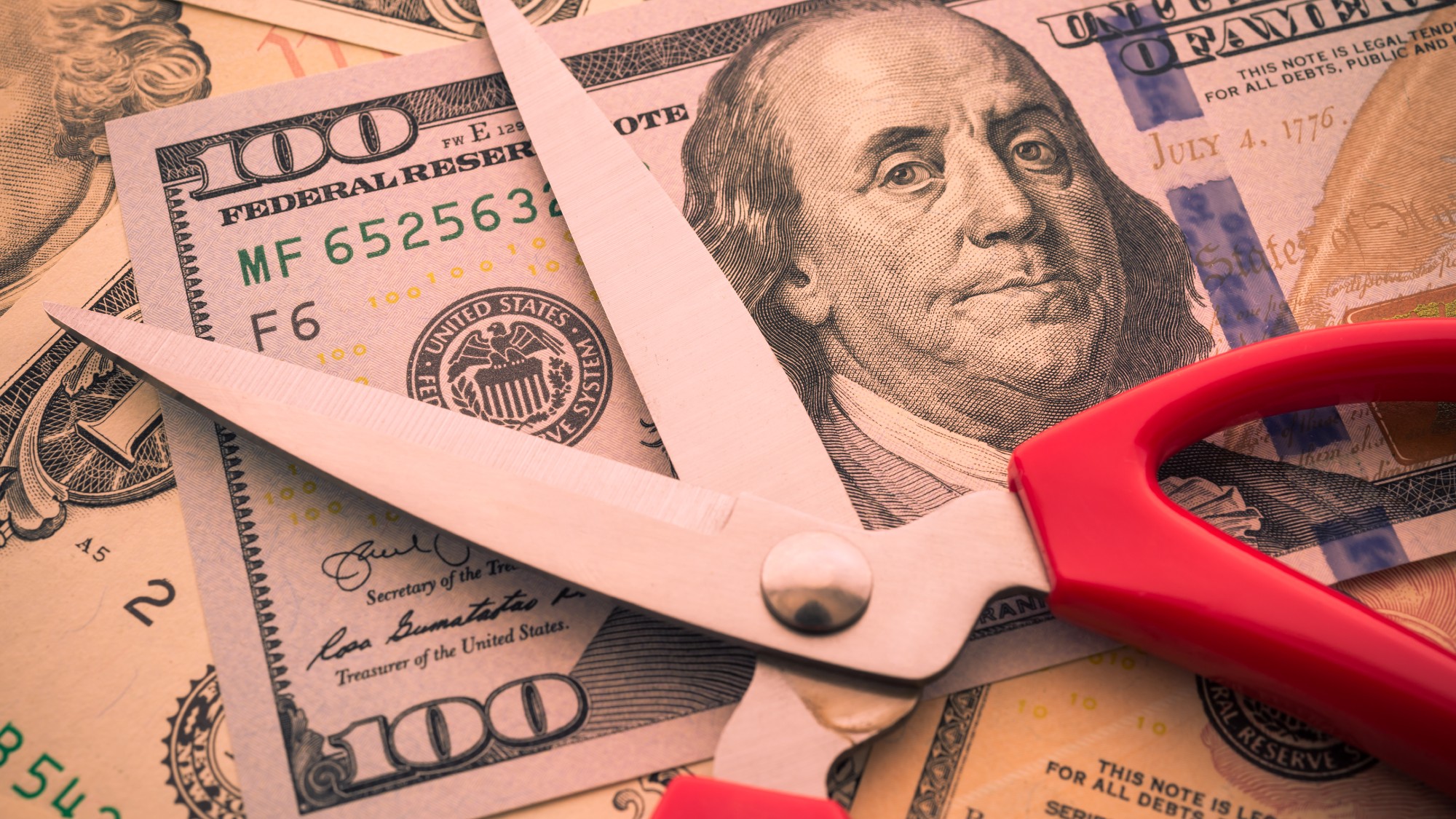 Where should you stash your savings after the Fed rate cut?
Where should you stash your savings after the Fed rate cut?The Explainer You will not be earning as much on savings rates, so you may want to make some changes
-
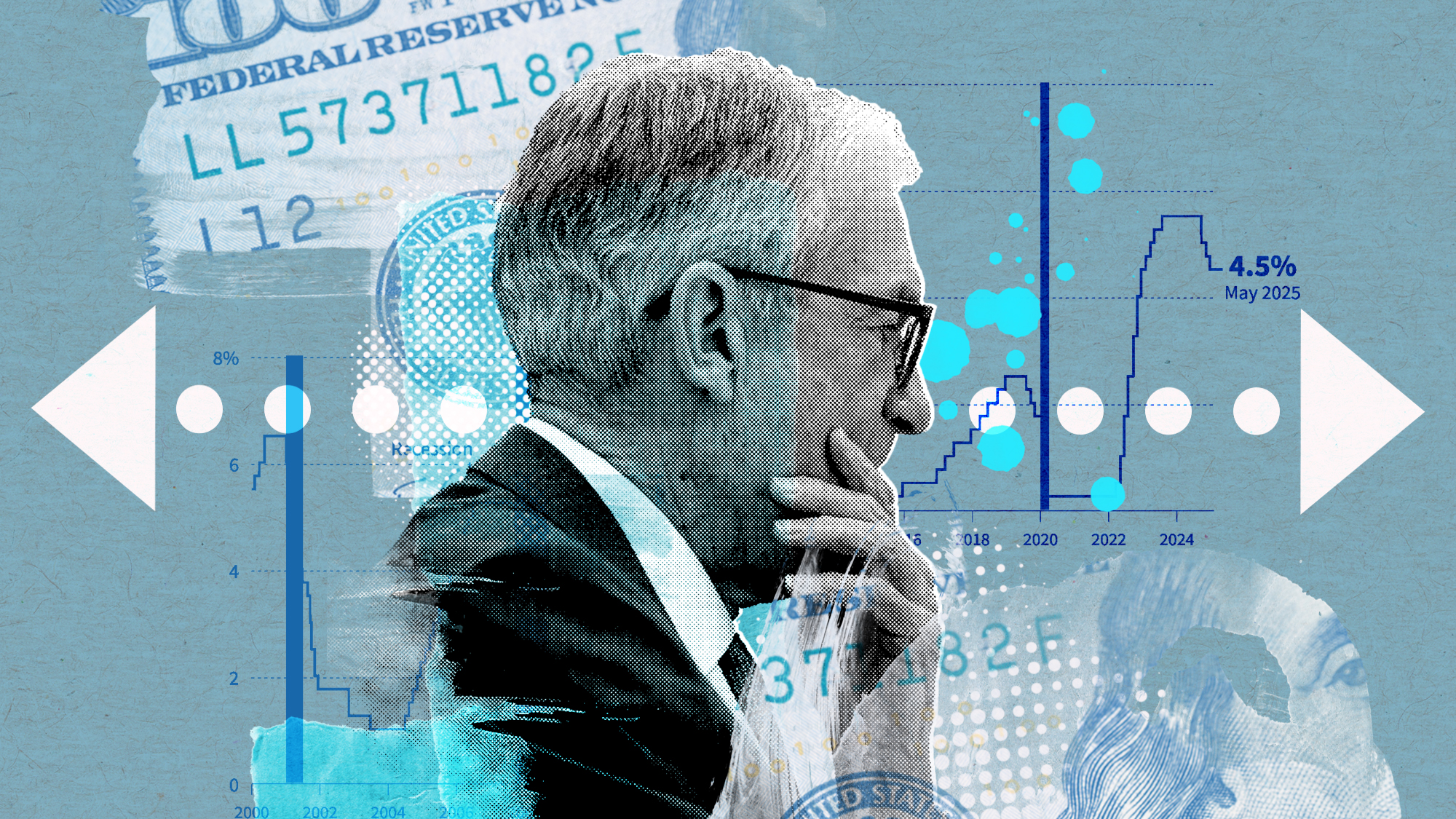 What's next for US interest rates?
What's next for US interest rates?The Explainer A pause after a series of cuts
-
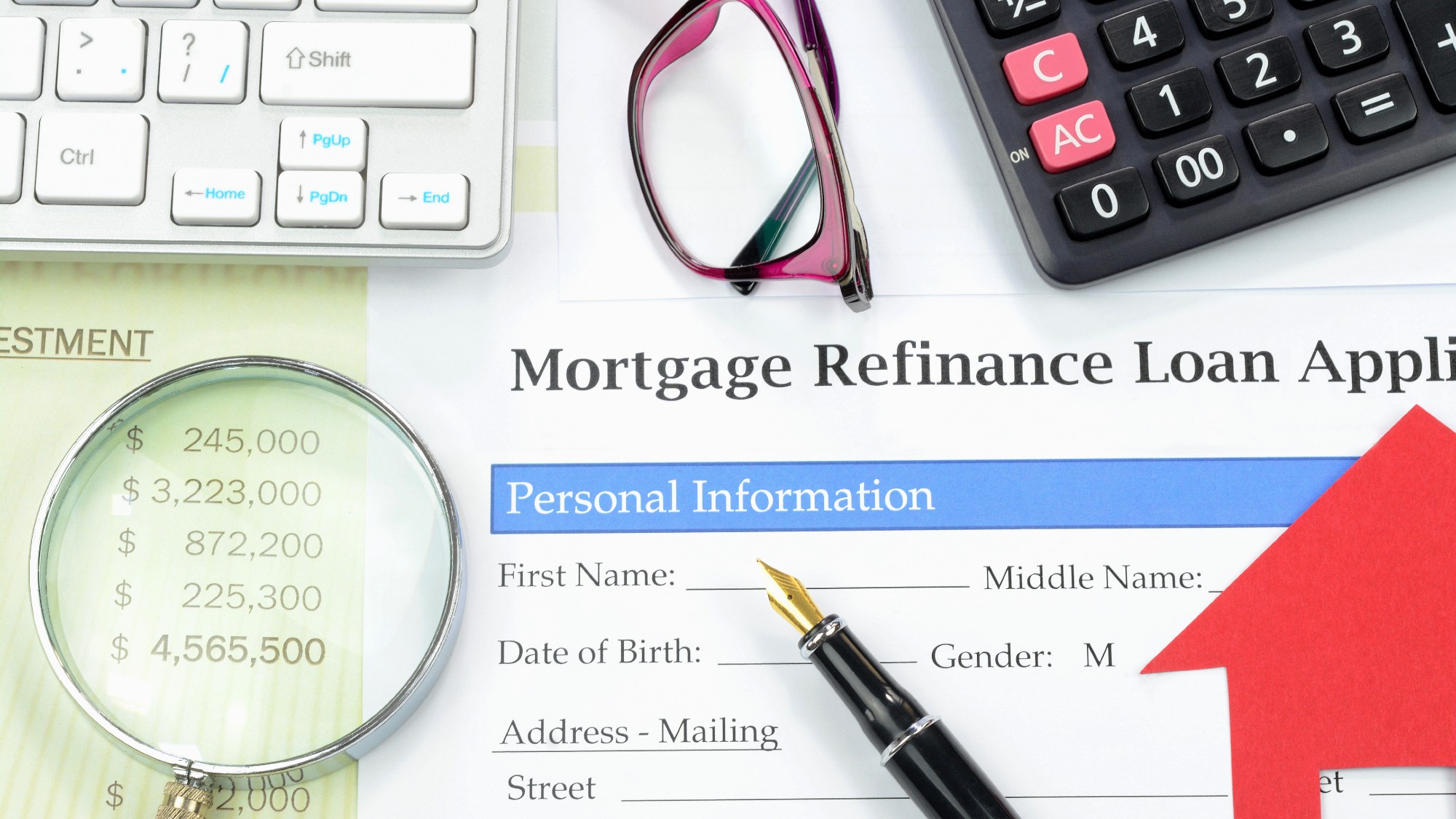 When does it make sense to refinance your mortgage?
When does it make sense to refinance your mortgage?The explainer You may be able to secure a lower interest rate — but it's not a good move for everyone
-
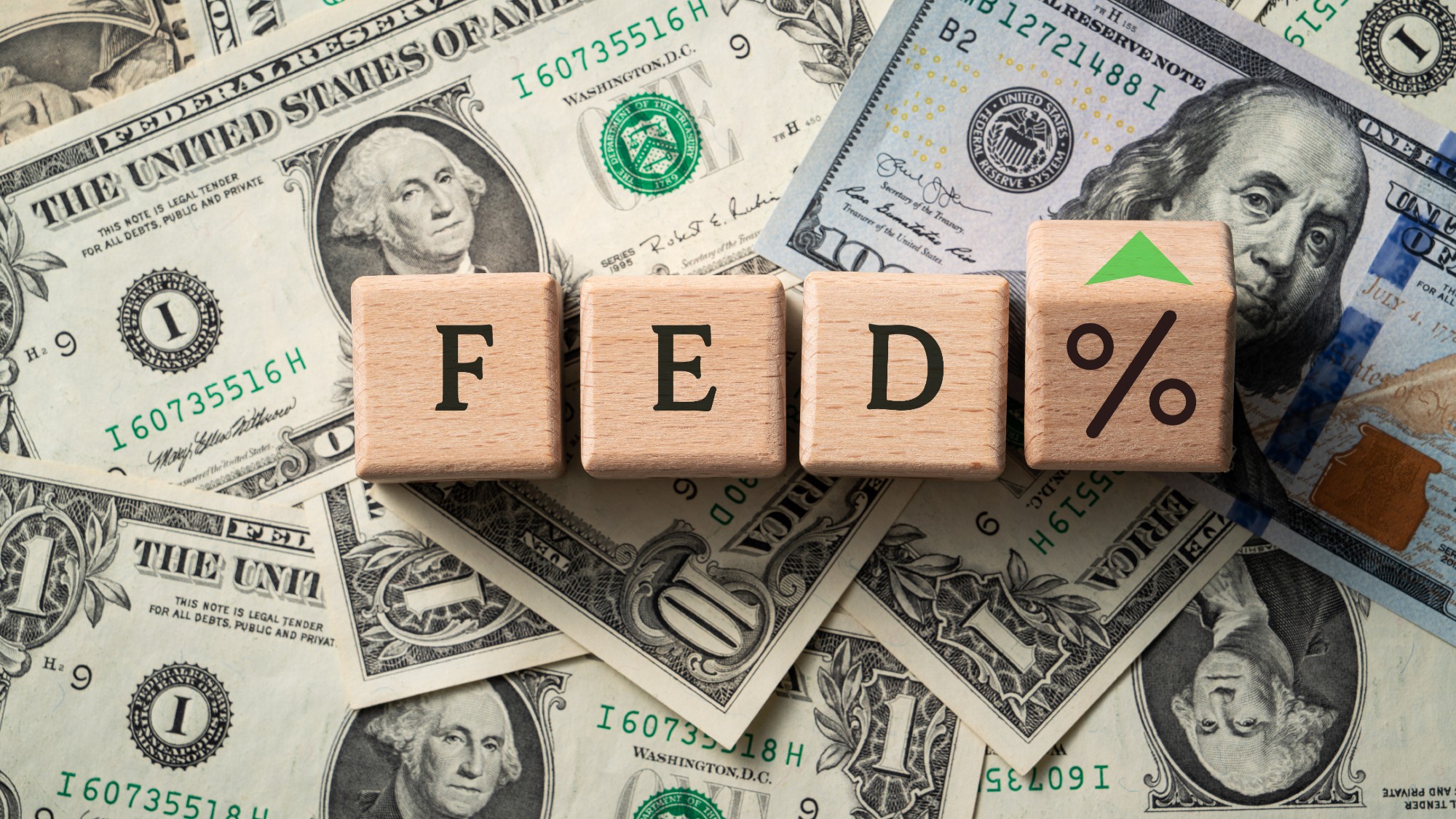 What financial impacts can you expect when the Fed finally cuts rates?
What financial impacts can you expect when the Fed finally cuts rates?The Explainer The Federal Reserve is poised to slash interest rates in the coming months
-
 How to get lower interest rates on student loans
How to get lower interest rates on student loansThe Explainer Federal student loan interest rates are set to reach record heights for the 2024-25 school year